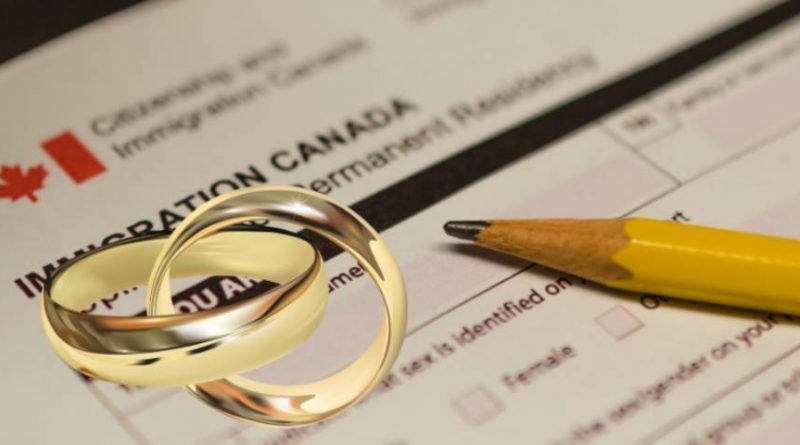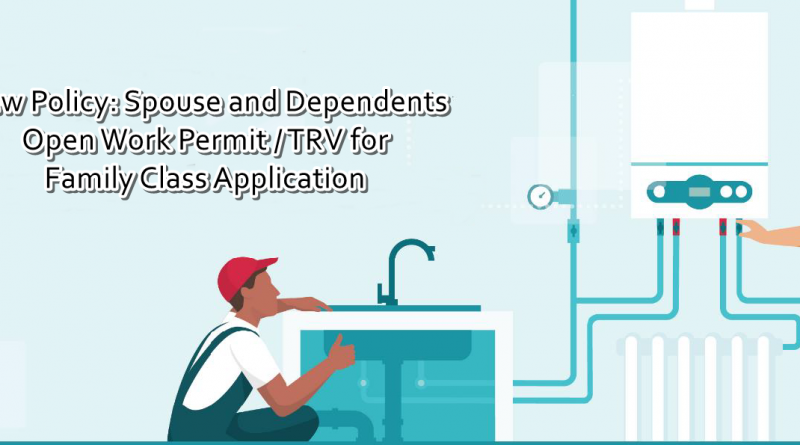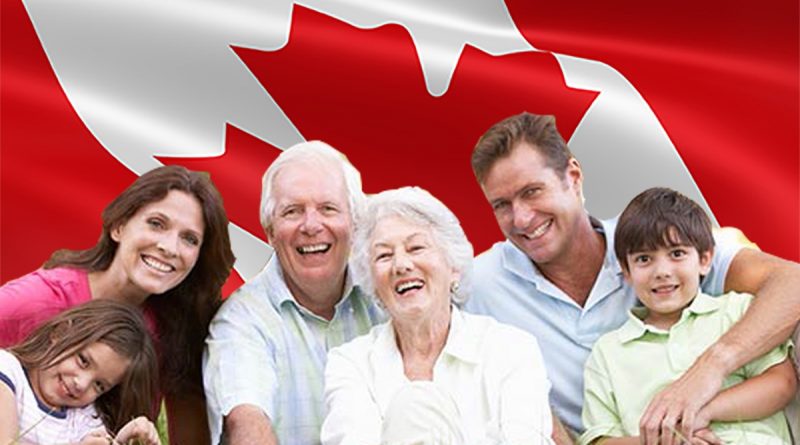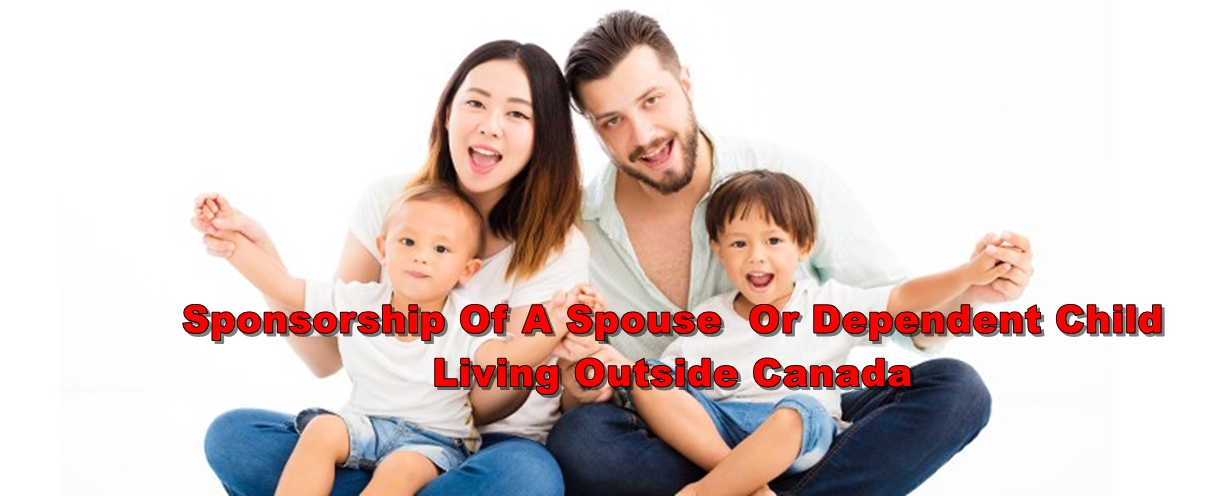Spouse Sponsorship: Assessing a Common-law Relationship
This section contains policy, procedures and guidance used by IRCC staff. It is posted on the department’s website as a courtesy to stakeholders.
In the immigration context, a common-law partnership means that a couple have lived together for at least one year in a conjugal relationship [R1(1)]. A common-law relationship exists from the day on which two individuals can provide evidence to support their cohabitation in a conjugal relationship. The onus is on the applicant to prove that they have been living common-law for at least one year before an application is received at CPC-M.






